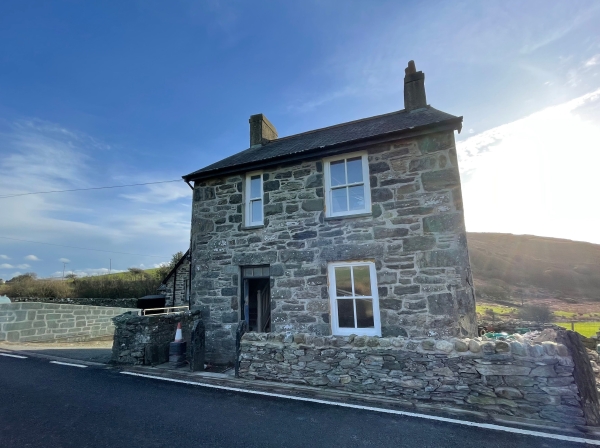
Sealed bids – what’s not to like?
30/08/22
Opinions on this will depend entirely on how successful your sealed bid was. In the current property climate, with demand far exceeding supply in both rural and urban properties, bidding and auctions are becoming the way to go for many vendors. Even if properties are sold the conventional way – an asking price or ‘offers exceeding’ – the eventual sale prices are spiralling higher and higher. If you have a sky-high budget, you’ll have less trouble finding somewhere, but if your budget is tight, you could eventually be outbid. At least with a sealed bid, you know your parameters from the outset. It can however be a little frustrating too.
A level playing field for sealed bids
Sealed bidding is a form of auction whereby you submit your best offer for the property against other bidders. The bidding process is secret and the results are not disclosed – only a winner is announced on the appointed day. The cons are that you can end up overpaying and there is no opportunity to increase your initial bid (unless of course there’s a tie).
In theory the process provides a level playing field for all bidders. If several people are interested in buying a property, then the house may be sold by sealed bid. Potential buyers are invited to submit their offer in a sealed envelope, by a particular date and time. So, all offers are ‘on the table’ at the same time. No bidder knows how much the other participants have bid, nor indeed how many are involved in the process. The demanding market at the moment is ideal for sealed bids, which places the advantage clearly with the seller and estate agent.
For what it’s worth
A property is advertised for sale with an asking price as a guide. Potential buyers then need to assess what they think the property is worth. Sometimes buyers may get a survey done in advance, to ascertain the condition of the property. They can then put forward a realistic offer that reflects the property’s current condition. Once the deadline arrives, the bids are opened by the estate agent and the seller decides which one to accept. The seller usually goes with the highest offer, but sometimes – if there are cash offers, without the need for a house sale or chain for example – the seller may select one of the lower bids for convenience. As with any other offer on a property, it is not legally binding and anyone can pull out at any point before contracts are formally exchanged.
The advantage of this process lies firmly with the seller. The cons of sealed bids include overpaying, being rushed into it by the deadline, and the unsure nature of the process. So much so that insurers will not offer Home Buyer Protection Insurance when the house sale involves sealed bids. This means you have no protection if the purchase falls through. If two bids are identical, then a second round of bidding will commence. That’s why it’s always advisable not to bid a round number – an extra few pounds could make all the difference among all those zeroes.
You only get one shot
One of the big pitfalls is that you only get one chance to make a ‘best and final offer’. In a normal house purchase, the agent may go back and forth between potential buyers, asking them to match and increase their offers until a winner emerges. That is not the case with sealed bids and of course the eventual price may be way above the asking or guide price.
Being prepared will help you to win the bidding process. Make sure your bid includes a letter that makes you look an attractive prospect – detailing if you’re a cash buyer, for instance, or have the funds readily available. See what properties have sold for in the area – though with the upwardly mobile prices in the market, this is seldom a reliable guide. Also work out your maximum budget, as if you overpay you may end up with a property that you can’t realistically afford, or one that isn’t worth what you paid for it.
If you are thinking about submitting a sealed bid and would like advice from our property experts about the process and its pros and cons, then please get in touch today.





